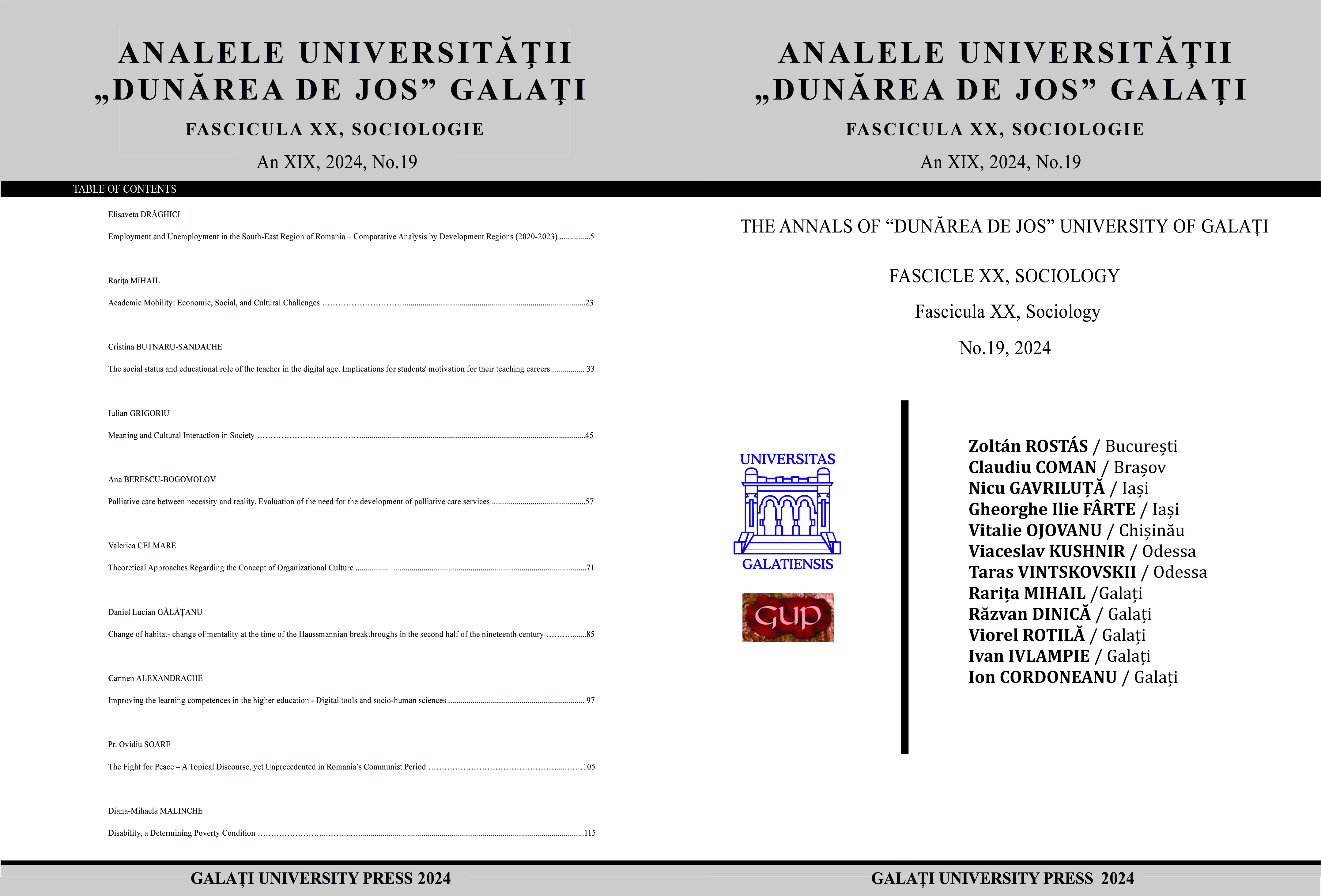Meaning and Cultural Interaction in Society
Abstract
The idea that we want to promote in this article is that the meaning of a society stems from its culture, and the "sociological imagination" is an explanatory factor of the dynamics in relation to Meaning and culture within a society. With this objective in mind, we analyze the contributions of classical sociologists such as Auguste Comte, Max Weber, Émile Durkheim, Herbert Spencer and Thorstein Veblen. From these thinkers' approaches to the structure of society, historical change and the evolution of human typologies, we will draw evidence and arguments to support the thesis that the meaning of a society, while not deterministic, is the result of cultural interactions between individuals, closely related to the style and 'sociological imagination' that C. Wright Mills speaks of. Through the prism of this concept, we will understand how individual biography and collective history intersect, how meaning and culture cannot be seen as isolated phenomena but must be analyzed in relation to social and historical processes. The "sociological imagination," mediates how individuals relate their personal experiences to larger social forces, giving them a clearer vision of their place in the world. What is at stake in the present article is to demonstrate that meaning is not a natural given but emerges as a social construction. Culture is also shown to be a vehicle through which societal meaning is manifested and negotiated. Here again we want to make a link between social structure and historical change, with the idea that complex, open societies offer multiple possibilities for individuals to assert themselves, with a variety of ways of giving meaning to life. Meaning and culture are dynamic processes that evolve in close connection with social, economic and political structures. In the modern world, on these coordinates, the balance between rationalization and a meaningful life becomes a central challenge of life.


